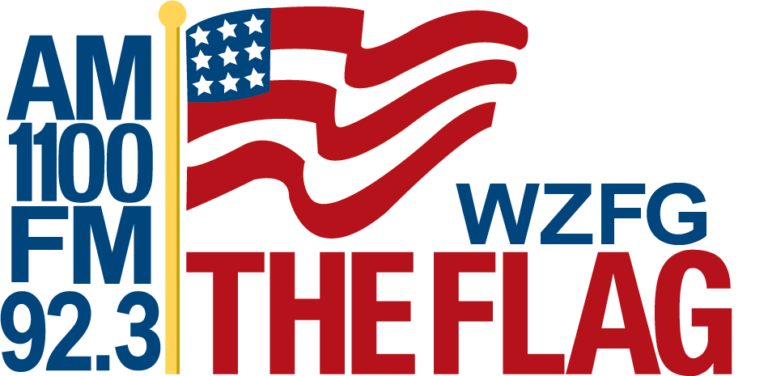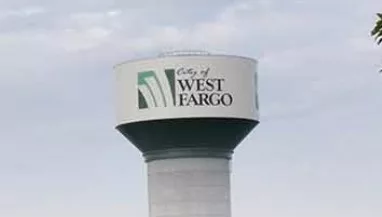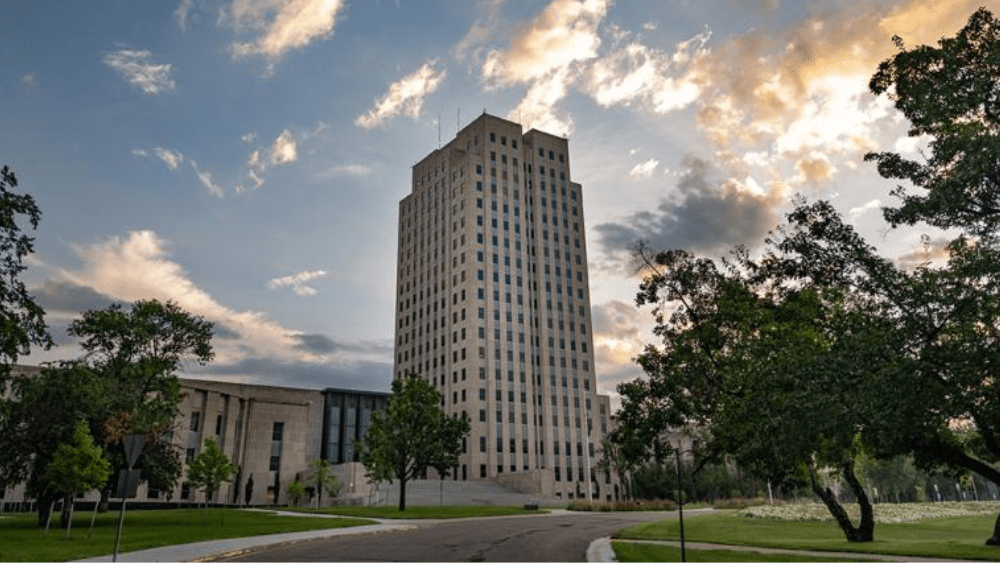(WEST FARGO) — The West Fargo City Commission learned that the City is anticipating an increased budget in the coming year. The information was given in a review meeting Monday night.
Expenditures
The City told its commissioners that they anticipate an increase in the cost of living adjustment (COLA) expenses by approximately four percent.
The cost of a four percent COLA is anticipated to be $34.1 million. Each percent shift of a COLA costs the city $310,000.
Overall, the city is anticipating a 18.6 percent increase in its expenditures across the board as a total. In 2024, the City had budgeted expenses of $58.9 million, compared to $69.9 million this year. City Administrator Dustin Scott noted the increase was reduced by more than $1.5 million after commissioner review meetings took place last week.
“A lot of that reduction came from the various public works related departments,” he said.
One of the more significant changes to general fund expenditures is in the Economic Development line item. In 2024, it was budgeted just over $216,200; this year, it’s projected to have expenditures of more than $332,000.
“A lot of that is adding one staff,” Scott told the Commission.
“It’s relatively small dollars, but a larger percentage,” Commission President Bernie Dardis added.
New Staff
Scott presented the commission with the various requests for new employees across the city’s departments.
“This does not include our open positions,” he said. “They are already budgeted for.”
A total of 22 full-time equivalents are being requested.
Those requests included a request for five new employees at the West Fargo Police Department, including four sworn officers and one civilian supervisor, at a total cost increase of more than $500,000.
“It’s very much needed for public safety,” Scott said.
The City is also looking to hire five new full-time employees in the street department, at an increased cost of nearly $500,000.
Three new firefighter/EMT employees are being requested by the West Fargo Fire Department, at an anticipated increase in cost of nearly $300,000.
Revenues
Revenues are also increasing.
The value of the City’s mill has increased by just over six percent, to more than $271,000, Scott told the Commission.
The 2025 income from the general fund mill levy, share of specials, fire and airport is anticipated to total nearly $19.4 million, with nearly $2.5 million coming from the library.
In 2025, the total General Fund revenue is anticipated to be just over $31 million. Of that, net property taxes are anticipated to come in at a revenue of nearly $15 million.
“At this point, we’re forecasting slightly less revenue than we did in 2024,” Scott said.
Utility rates are also proposed to be increased.
“We are proposing utility rate increases to get us in line with where we were proposing to be back in 2020, when the Commission adopted the Utility Rate Study,” Scott said. “Those revenues are being forecast in this preliminary budget.”
The city’s various permitting and licensing fees are being considered for an increase, and sales tax collections are being forecast to include a three percent increase in the upcoming budget year.
Shortfalls
Across three of the City’s funds, shortfalls are forecast in 2025. Those include a $2.2 million deficit in the General Fund, a $2.17 million deficit in the Fire Fund and an $89,000 deficit in the Library Fund.
“We worked these numbers down,” Dardis said.
The commission was given options for dealing with the shortfall, including reducing expenses, additional revenues and use of the City’s reserves.
Next Steps
Dardis remarked that the city commissioners have been very involved in the budget process over the course of the past few days.
The commission will meet to approve the preliminary budget on August 5. The city will then hold hearings for protests and objections on the preliminary budget, and, in late September, will hold a special meeting for commissioners to review the draft final budget.
On October 7, the final budget will be approved by the commission. The budget, and certified tax levy, needs to be received by the Cass County Auditor by October 10.





